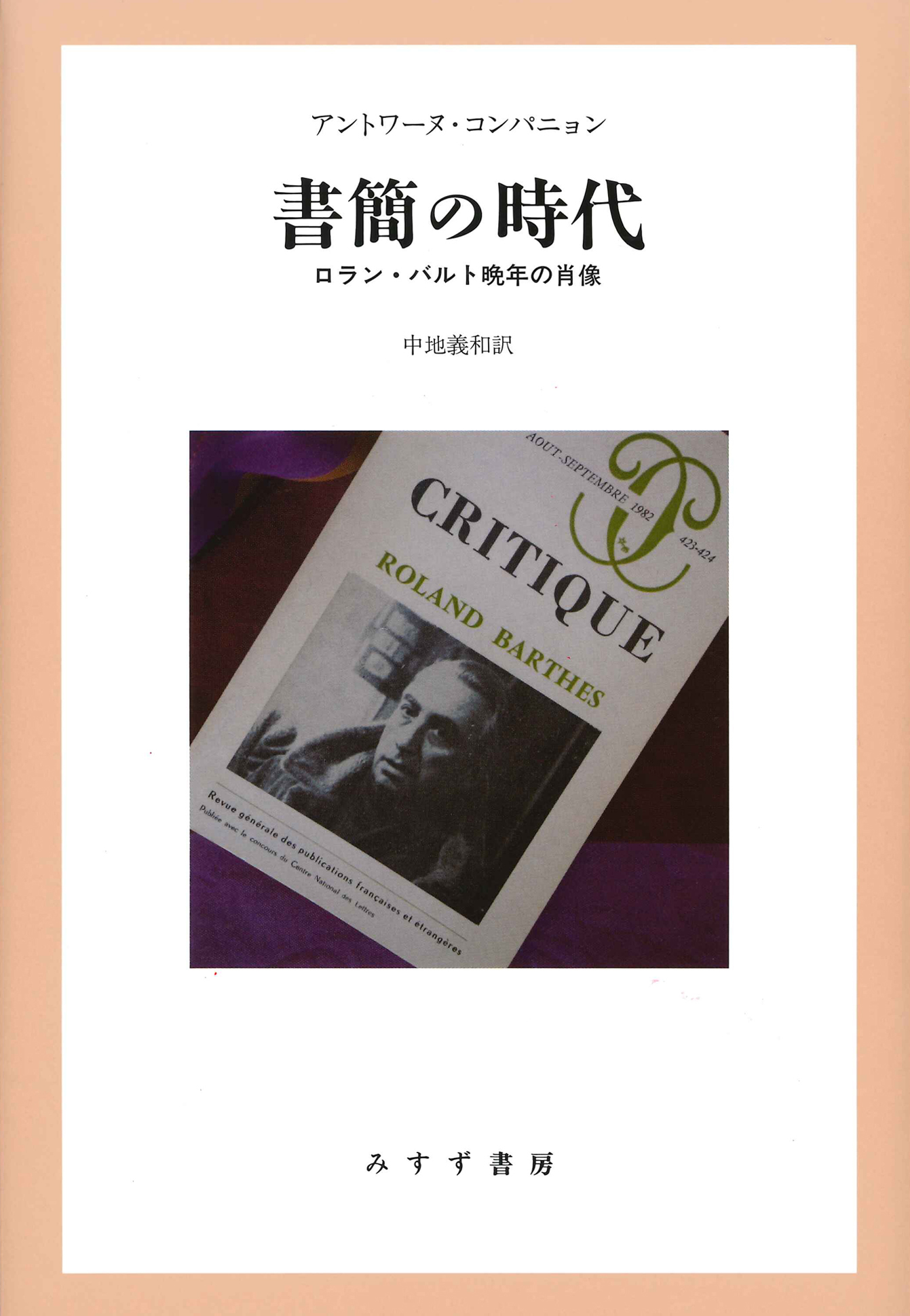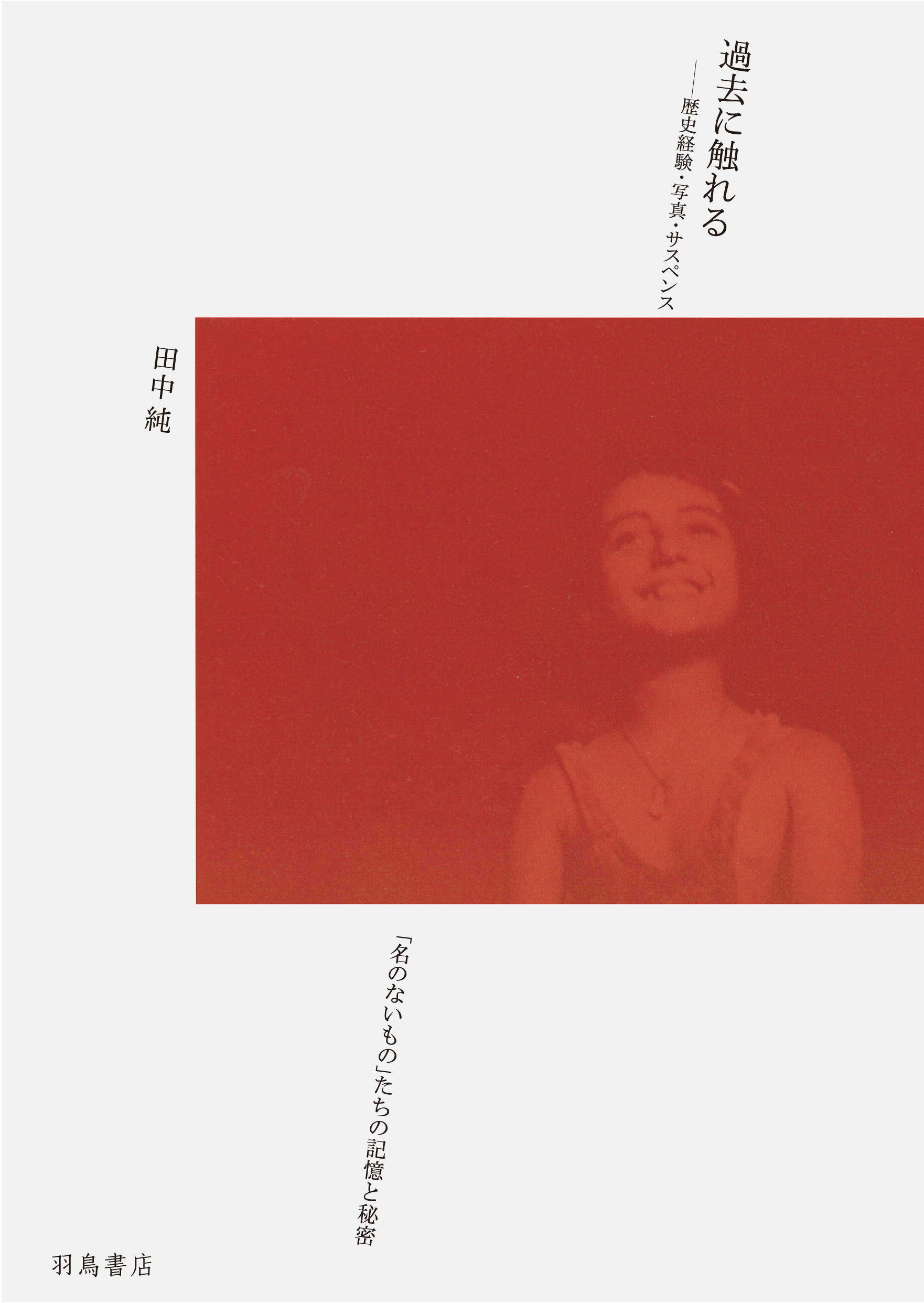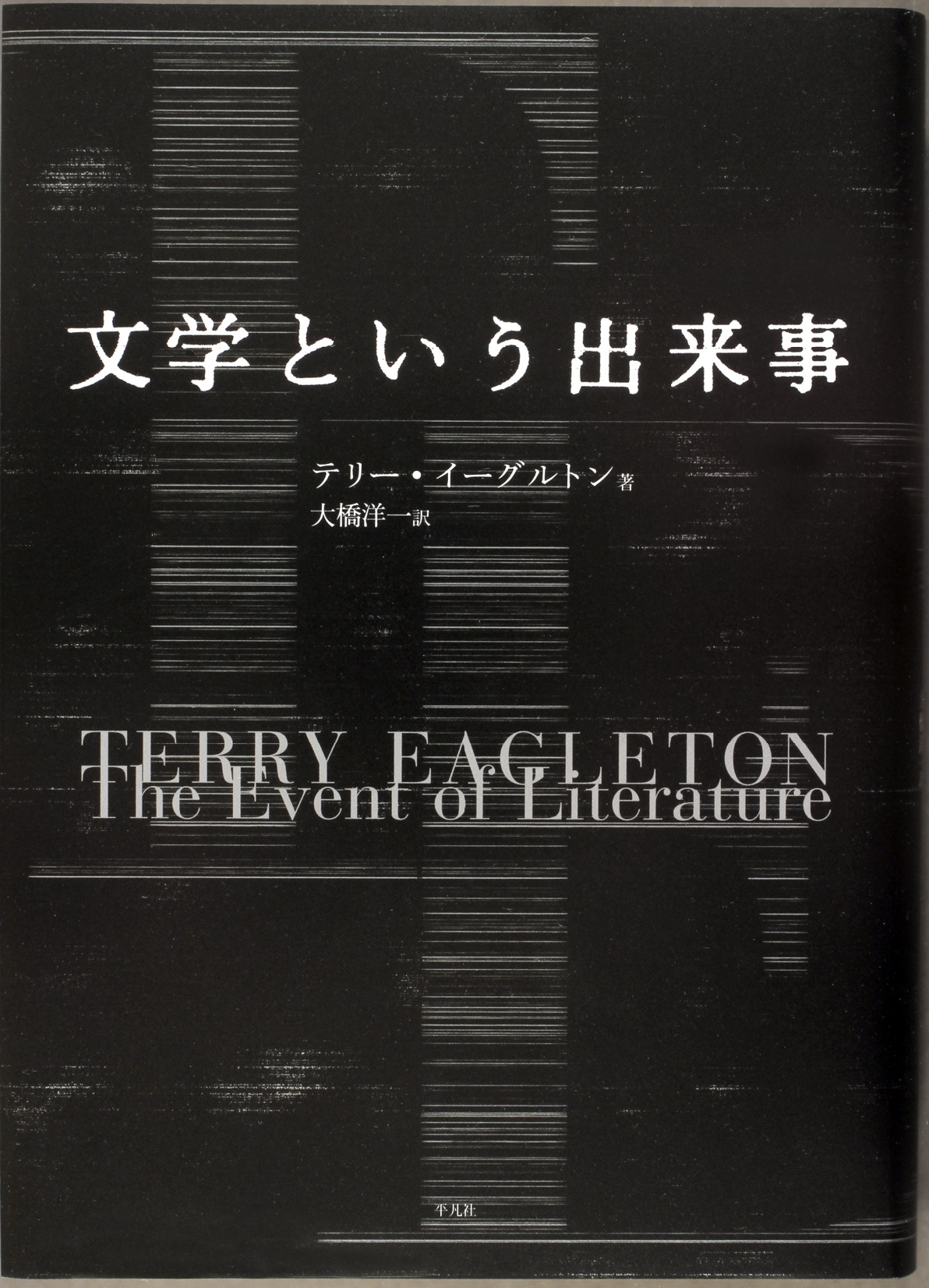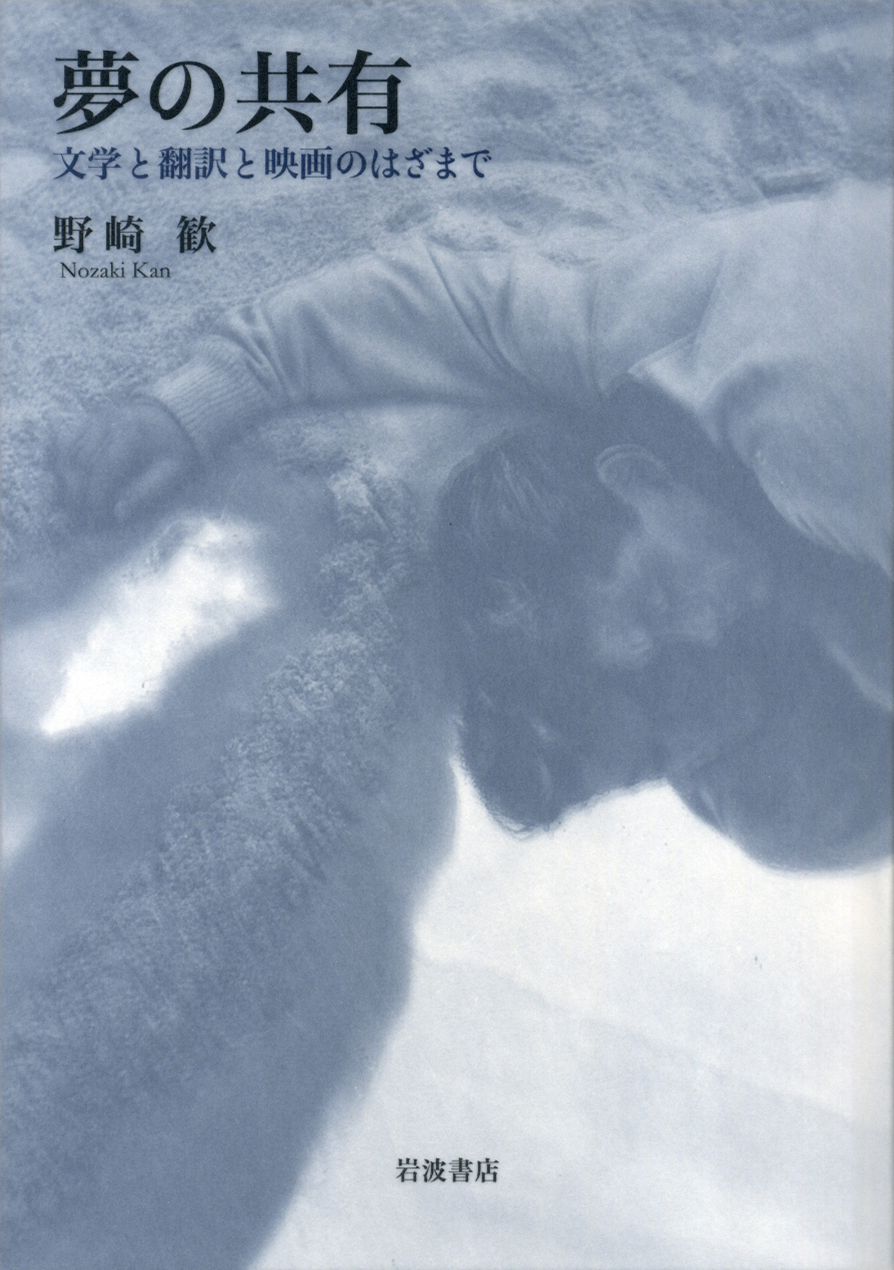
Title
L’AGE DES LETTRES Shokan no Jidai (The Age of Letters: A Portrait of Roland Barthes in his Later Years)
Size
216 pages, 128x188mm
Language
Japanese
Released
December 10, 2016
ISBN
978-4-622-08563-8
Published by
Misuzu Shobo.
Book Info
See Book Availability at Library
Japanese Page
Many people have likely heard the name “Roland Barthes” (1915 – 1980), even if they are not familiar with his work. In the fields of literary criticism and civilization theory, Barthes was one of the most radical personifications of structuralism, which may be described as a “change in the earth’s intellectual crust” that occurred in the field of the humanities during the 1950s and 1960s. The concepts contained in his essays “An Introduction to the Structural Analysis of Narrative” and “The Death of the Author” were highly influential in worldwide literary research.
Antoine Compagnon (1950 – ), a literary historian and literary theorist with extensive knowledge, is regarded as a leading scholar in today’s French literature studies for his preeminent research on Montaigne, Baudelaire, and Proust. He is also an author, writing novels and autobiographies, and has worked as a professor at the Collège de France, France’s most renowned institute of higher education, since 2006. This book reconsiders Compagnon’s relations with Barthes—his mentor who was at that time a professor at the same college (from 1975 to 1980)—over a period of five and a half years, as well as Compagnon’s expressed debt of gratitude to Barthes on the occasion of Barthes’ 100th birthday (35 years after his death). It is widely known that Compagnon was Barthes’ youngest friend and best pupil in Barthes’ later years, and that he was highly trusted by Barthes. This book finally provides more detail on their actual relationship.
The author starts by re-reading the letters he received from Barthes, expressing a sense of guilt for revealing this intimate past that had long been sealed away (though the book does not actually quote any of these letters). The book gives a vivid sense of Barthes as a man who loved solitude but could not survive without someone nearby—a taciturn, sensitive man despite his many followers. The greatest appeal of this book is its lively depiction of Barthes as keenly sensed by the young author, including Barthes’ shortcomings and sexuality.
Compagnon also provides an appealing self-portrait by taking another look at himself in his late 20s, revealing his immaturity and foolish behaviors. He graduated from two ultra-elite schools in the sciences, but switched to the field of literature because he was unable to abandon his love for it. Afterwards he struggled to decide on literary research or writing. After being let into Barthes’ study, Compagnon was struck by Barthes’ diligent work when he saw how Barthes wrote using cards upon which he noted down his ideas. However, although Compagnon was inspired by Barthes, he did not indiscriminately imitate Barthes. Compagnon does not use cards in his writing, and most of his work is focused on his interest in literary history, which the structuralists rejected as old-fashioned relics.
After reading this book, one understands that Barthes thought highly of Compagnon because of Compagnon’s distinctive qualities and methods that were very unlike his own, and because these qualities were rooted in Compagnon’s profound intelligence. Their age difference was as great as that of father and child, but Barthes dealt with Compagnon on an equal intellectual level because he respected Compagnon’s intelligence.
Compagnon had strict reservations towards Barthes as a theorist until the 1960s, but spares no effort in praising Barthes’ series of works in his later years, including Barthes’ increasing transformation from a keen theorist to an author who respected subjectivity. Compagnon clearly esteems Barthes’ individual works.
This book vividly illustrates this teacher-pupil relationship, in which the student’s complete loyalty to himself is directly linked to his devotion to his teacher, as well as the best, though paradoxical, way of literary research.
(Written by Yoshikazu Nakaji, Professor, Graduate School of Humanities and Sociology / 2017)



 Find a book
Find a book


 eBook
eBook

